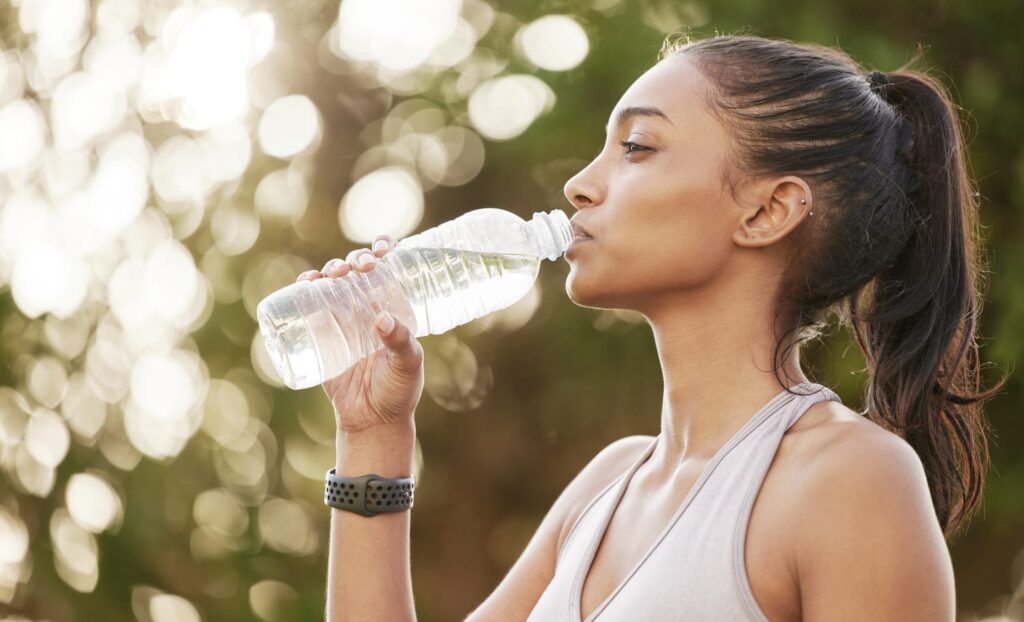29/07/2024
29/07/2024

NEW YORK, July 29: With TikTok trends promoting brand-name bottles and gallon-a-day water challenges, the spotlight on hydration is shining brightly, and that’s good news for health. The human body, comprising over 60% water, relies on this essential liquid for nearly every vital function.
"Water is essential for your body’s survival," says Crystal Scott, a registered dietitian-nutritionist with Top Nutrition Coaching. "It helps regulate your temperature, transports nutrients, removes waste, lubricates joints and tissues, and plays a crucial role in maintaining the balance of electrolytes and fluids."
The body loses water through breathing, sweating, urination, and metabolism. Without adequate hydration, health can deteriorate rapidly. While the body can survive without food for up to three weeks, it cannot last more than a few days without water.
Scott draws a comparison between the human body and Earth: “Our Earth is made up of a large percentage of water. If that amount got too low, it would disrupt our food systems, forests, and animal life—it's a domino effect.”
For optimal health, it’s crucial to maintain proper hydration levels. The commonly recommended “8×8 rule”—drinking eight 8-ounce glasses of water daily—is a good start, but individual needs can vary. Scott notes, “Water recommendations vary depending on age, sex, activity level, and other factors like climate and physical activity.”
The National Academy of Sciences, Engineering, and Medicine suggests an average daily intake of about 125 ounces for men and 91 ounces for women. Scott points out that food can also contribute to hydration, with fruits and vegetables like celery, oranges, strawberries, watermelon, and cucumbers being good sources.
Although rare, over-hydration can lead to hyponatremia, a condition where excessive water dilutes sodium levels in the blood, causing cells to swell. This risk is higher in individuals with kidney issues, congestive heart failure, or athletes who don’t balance water with electrolytes.
Monitoring urine color is an effective way to gauge hydration. Clear or pale yellow urine typically indicates proper hydration, while dark yellow or amber suggests the need for more fluids. Symptoms like headaches, migraines, constipation, dizziness, and confusion may also signal dehydration.
Scott advises starting with a manageable hydration goal, such as drinking half your body weight in ounces of water. For gradual improvement, increase daily intake by 8 to 10 ounces each week. She also suggests:
- Experimenting with chilled water or adding fruit for flavor.
- Using smaller bottles and refilling them to avoid the daunting task of consuming a large jug.
- Splitting daily water intake into smaller goals throughout the day to maintain steady hydration.
With these strategies, staying hydrated becomes a manageable and essential part of maintaining overall health.


